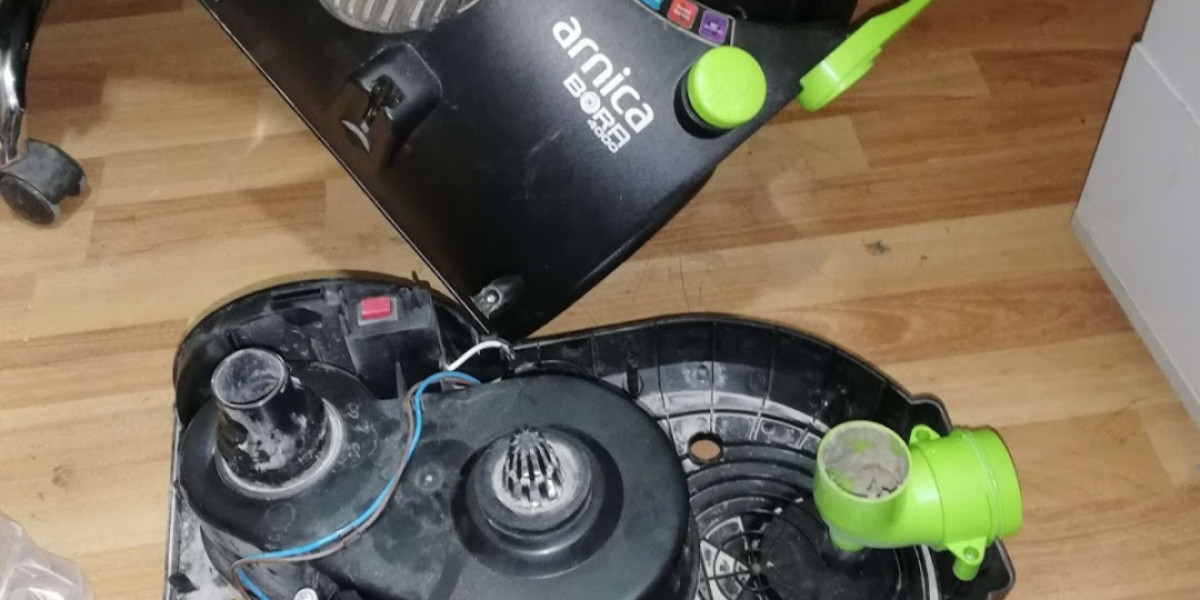Neurology diagnostics have seen remarkable advancements in recent years, driven by technology that enables faster, more accurate detection of neurological disorders. One such groundbreaking innovation in this field is Neuromatch, a platform leveraging the power of Artificial Intelligence (AI) and Electroencephalography (EEG) technology to revolutionize the way neurological conditions are diagnosed and monitored.
In this article, we explore how Neuromatch is reshaping the landscape of neurology diagnostics and the immense potential it holds for the future of patient care.
What is Neuromatch?
Neuromatch is a cutting-edge AI-powered platform designed to assist in the diagnosis and treatment of neurological disorders. By combining AI with EEG technology, Neuromatch can analyze vast amounts of brainwave data to provide insights that were previously out of reach for traditional diagnostic methods. Neuromatch's ability to process and interpret this data allows healthcare providers to identify and monitor conditions like epilepsy, sleep disorders, and even early signs of neurodegenerative diseases.
The Role of AI in Neurology Diagnostics
AI has become a game-changer in neurology diagnostics, and Neuromatch is at the forefront of this revolution. Neurology is a complex field that requires the analysis of large datasets, such as EEG signals, to understand brain activity patterns. AI algorithms, particularly machine learning models, can quickly sift through these signals, identifying patterns and anomalies that may not be visible to the human eye.
By using AI to analyze EEG data, Neuromatch provides healthcare professionals with a more comprehensive understanding of a patient’s condition. This not only speeds up diagnosis but also enhances the accuracy of identifying disorders such as epilepsy, traumatic brain injuries, and brain tumors. The precision AI offers is particularly crucial for detecting conditions at their earliest stages when intervention is most effective.
EEG Technology: A Key to Unlocking Neurological Insights
EEG technology measures the electrical activity of the brain, providing valuable data on brainwave patterns. This non-invasive technique has long been used in the diagnosis of epilepsy and other neurological disorders. However, the real challenge has always been the interpretation of the vast amount of data generated by EEG readings.
Neuromatch tackles this challenge by utilizing AI to analyze and interpret EEG signals in real-time. This combination of AI and EEG enables Neuromatch to detect even the slightest abnormalities in brainwave patterns, improving the accuracy and speed of neurology diagnostics. For instance, in the case of epilepsy, Neuromatch can pinpoint the exact regions of the brain where seizures are occurring, allowing for targeted treatments and better monitoring of patients.
How Neuromatch is Advancing Neurology Diagnostics
Enhanced Diagnostic Accuracy
Neuromatch’s integration of AI with EEG technology is improving diagnostic accuracy. AI models can identify patterns in brain activity that might be overlooked by human clinicians, reducing the likelihood of misdiagnosis and leading to more precise treatment plans.Real-time Analysis
Neuromatch allows for real-time analysis of EEG data, enabling clinicians to make faster decisions. This is particularly critical for patients experiencing acute neurological events like seizures, where timely intervention can save lives.Early Detection of Neurological Disorders
One of the most significant benefits of Neuromatch’s technology is its ability to detect neurological conditions early. By analyzing EEG signals over time, Neuromatch can identify subtle changes in brain activity that may indicate the early stages of conditions like Alzheimer’s disease, Parkinson’s disease, or multiple sclerosis. Early diagnosis can lead to more effective treatments and better patient outcomes.Personalized Treatment Plans
Neuromatch not only aids in diagnosis but also assists in developing personalized treatment plans. By understanding the unique brain activity patterns of each patient, clinicians can tailor interventions that are more likely to be effective, ultimately improving the quality of care.Streamlined Workflow
Neuromatch’s AI-driven platform automates many aspects of the diagnostic process, reducing the burden on clinicians. This allows healthcare providers to focus on patient care rather than spending excessive time analyzing complex EEG data.
The Future of Neurology Diagnostics with Neuromatch
As AI and EEG technology continue to evolve, the potential for Neuromatch to revolutionize neurology diagnostics is limitless. Future advancements may include the ability to integrate additional data sources, such as MRI scans or genetic information, into the diagnostic process, further enhancing the accuracy and precision of the platform.
Moreover, as AI models become more sophisticated, Neuromatch may be able to predict the progression of neurological conditions, enabling clinicians to proactively manage diseases and prevent complications. The ability to track a patient's condition in real-time and adjust treatment plans accordingly will play a crucial role in improving long-term outcomes.
Conclusion
Neuromatch is truly at the cutting edge of neurology diagnostics, combining the power of AI and EEG technology to enhance the accuracy, speed, and effectiveness of diagnosing neurological disorders. By providing real-time analysis, early detection, and personalized treatment options, Neuromatch is transforming the way neurological conditions are understood and managed. As technology continues to advance, the role of AI in neurology diagnostics will only grow, and Neuromatch is positioned to remain a key player in this exciting evolution of healthcare.
For those seeking a more effective and efficient way to diagnose and treat neurological conditions, Neuromatch offers a promising solution. Through innovation, technology, and a commitment to improving patient outcomes, Neuromatch is indeed advancing the future of neurology diagnostics.








